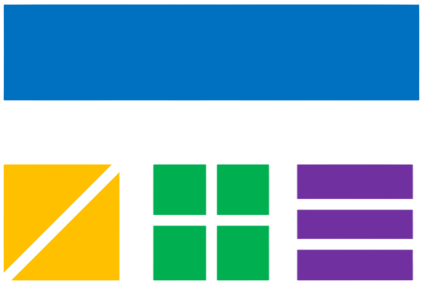401(k) Calculator Information
Overview
401(k) Calculator helps you estimate your retirement savings growth with employer-sponsored 401(k) plans. Enter your current balance, contribution rates, employer match, and other details to see your projected retirement savings. This tool is ideal for anyone planning for retirement through their employer's 401(k) plan.
How 401(k) Plans Work
A 401(k) is an employer-sponsored retirement plan that allows tax-deferred savings and often includes employer matching contributions. Key terms:
- <strong>Employee Contributions:</strong> The percentage of your salary you contribute to the plan.
- <strong>Employer Match:</strong> Additional contributions from your employer based on your contributions.
- <strong>Tax Deferral:</strong> Contributions reduce your taxable income and grow tax-free until withdrawal.
- <strong>Investment Growth:</strong> Your contributions are invested and can grow over time.
How 401(k) Growth Is Calculated
401(k) growth uses compound interest with regular contributions. The formula for future value is:
- FV = future value
- P = initial balance
- r = annual return rate (decimal)
- n = number of years
- PMT = annual contribution (including employer match)
Example: $10,000 initial, $6,000/year contribution, 7% return, 30 years
Contribution Strategies
Start Early
- Take advantage of compound interest over time
- Small contributions grow significantly over decades
- More time to recover from market downturns
Maximize Employer Match
- Contribute enough to get full employer match
- This is essentially free money
- Immediate 100% return on matched portion
Tips for Maximizing Your 401(k)
- Contribute at least enough to get the full employer match
- Increase contributions when you get raises
- Consider contributing up to the annual limit ($22,500 in 2024)
- Diversify your investments based on your age and risk tolerance
- Review and rebalance your portfolio regularly
Frequently Asked Questions (FAQ)
A: Traditional 401(k) contributions are tax-deductible now but taxed at withdrawal. Roth 401(k) contributions are taxed now but tax-free at withdrawal.
A: Early withdrawals before age 59½ typically incur a 10% penalty plus income taxes, unless you qualify for an exception.
A: You can roll it over to your new employer's plan, roll it to an IRA, or leave it with your former employer (if allowed).
A: Aim to contribute at least enough to get the full employer match, then work toward the annual limit based on your financial situation.
